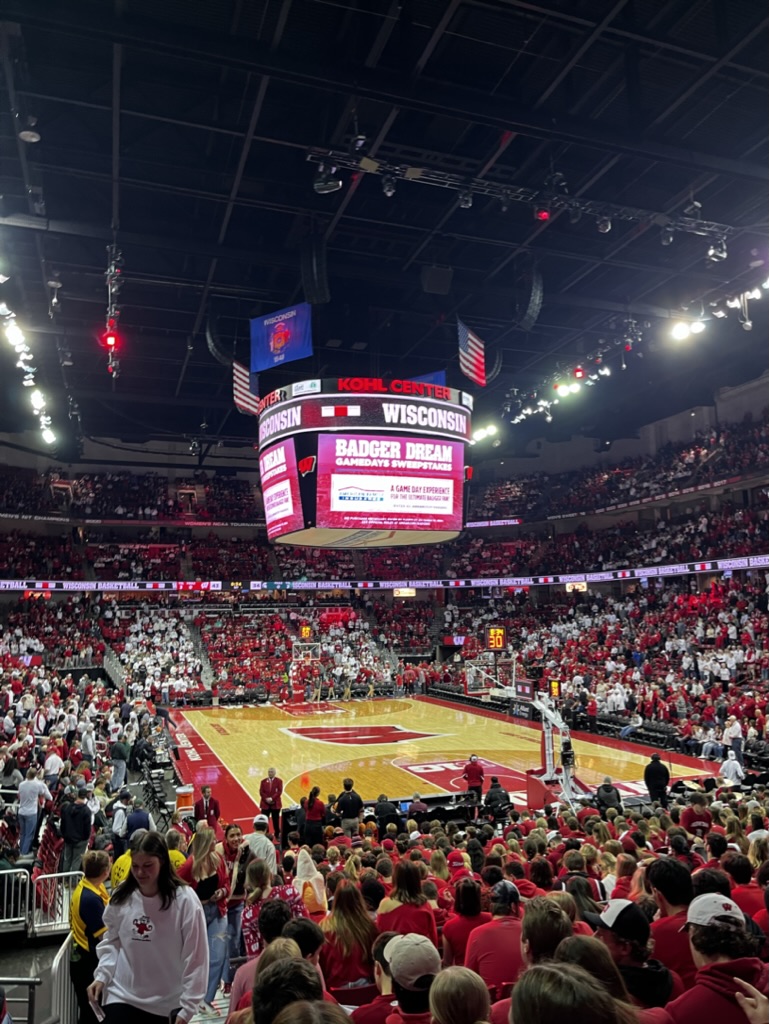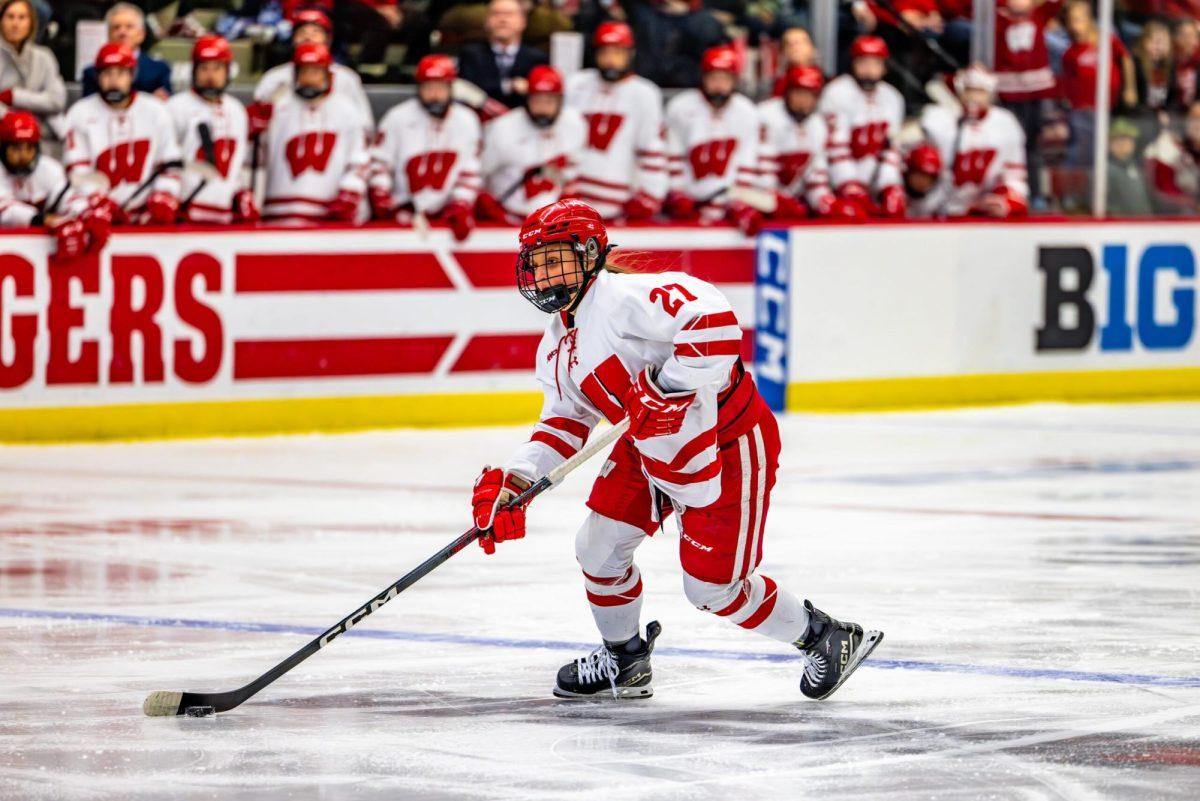There are those memories in our sports childhood that will be etched in our minds forever.
Many them include our icons in games or performances which epitomized their careers, and especially times when our favorite teams or players won on their sport's grandest stage.
For me, those memories include Steve Young winning the 1994 Super Bowl against the Chargers and when Duke won the National Championship in 2001.
There are also those memories that will forever be engrained in our brains which we could only wish never happened.
I remember how upset I was when Duke fell to UConn in 1999 and being on the verge of tears when — yes, at one point I followed NASCAR — Dale Earnhardt went into the wall at Daytona in what turned out to be his final race.
But there is one sports moment that leaves those other memories in its dust. In fact, without it, who knows if those memories or my love for sports would even exist? Perhaps I wouldn't even be reading the sports page, let alone be writing for it.
In Game Seven of the 1991 World Series between Minnesota and Atlanta, the Twins' Jack Morris was outstanding on the hill and I will never forget when Dan Gladden's trotted home from third base on a single to left by pinch-hitter Gene Larkin to win it for the Fall Classic for the Twin Cities.
The celebration ensued as my team had just won the World Series. I was seven years old, so it was the first World Series that I can remember, but I feel safe in saying that it will be my favorite one for as long as I can live.
But Game Seven really only belongs with the happy memories listed above. It's Game Six that sits atop my list of greatest games ever, and it will be hard for any future contest to surpass it.
A certain happy-go-lucky center fielder stole the show at the Metrodome. In the third inning, he showed off why he earned six Gold Gloves when he seemingly jumped seven feet off the ground to snag a ball off the plexiglass to rob Atlanta's Ron Gant of an extra-base hit.
I bit my nails sitting on the edge of my seat as the game went into a 10th inning and then the 11th. Tens of thousands of Homer Hankys waved as the same center fielder led off the bottom half of the 11th frame against freshly inserted starter-turned-reliever Charlie Leibrandt.
They continued to wave after he took ball one. On the next pitch he belted the ball to present-day Home Run Porch. A simple swing and Game Seven became a reality. "And we'll see you tomorrow night!" legendary announced Jack Buck proclaimed.
All that Kirby Puckett did in that game outside of the miraculous catch was go 3-for-4 — just missing the cycle by a double — with two runs and three RBIs, while adding a sacrifice and a stolen base.
The numbers can string on forever. With his career shortened to 12 years, Puckett never ceased to amaze. He finished with more than 2,300 hits and more than 200 homers, over 1,000 RBIs and a career batting average of .318. And most people don't realize the short, stocky man also had 134 stolen bases.
There are even more numbers on my part: I have more than 150 Puckett baseball cards at home, three of them signed by him to go along with numerous posters and other memorabilia. I don't know how many hours I spent following his short career.
But as unfair as it seemed that his career was cut short, it was even more devastating Monday, when his life was cut short, one week shy of his 46th birthday.
As much as it hurt when he was forced to retire and as much as it hurt Monday, I didn't find myself that upset. After all, it's hard to believe that the Puck would want me — or any of his fans — to wallow in our sorrows for an extended period of time.
Just one thought of that wide smile of his — you know which one I'm talking about — made me realize that he would want his life celebrated.
That's what the 10-time All-Star was all about, and that's why kids — especially this one — loved him. As someone who was just starting to play the game when he had that unbelievable Game Six performance, watching him perform that day, and every day, with a smile on his face made us realize what playing baseball was all about.
Even when glaucoma forced him into retirement, he didn't let the disease bring him down. Instead he remained an inspiration to us all.
"Don't take life for granted because tomorrow isn't promised for any of us," Puckett said at a ceremony in 1996.
Despite a less-than unblemished record after hanging up his jersey, Puck always remained, and always will be my hero. Rest in peace, Number 34, may we all smile as wide as you and if I touch the lives of one-tenth of the people that you did, I'll consider my life a success.
Eric Schmoldt is a senior majoring in history. Share is his celebration of Kirby Puckett's life by sharing your memories at [email protected].












